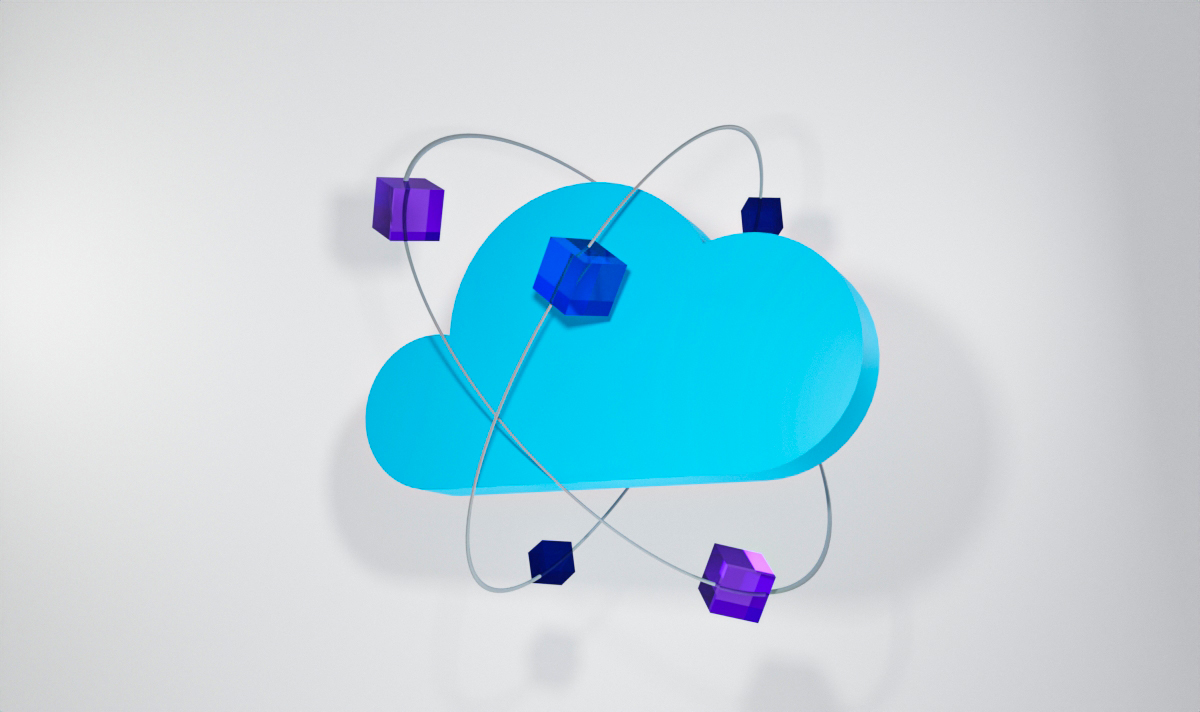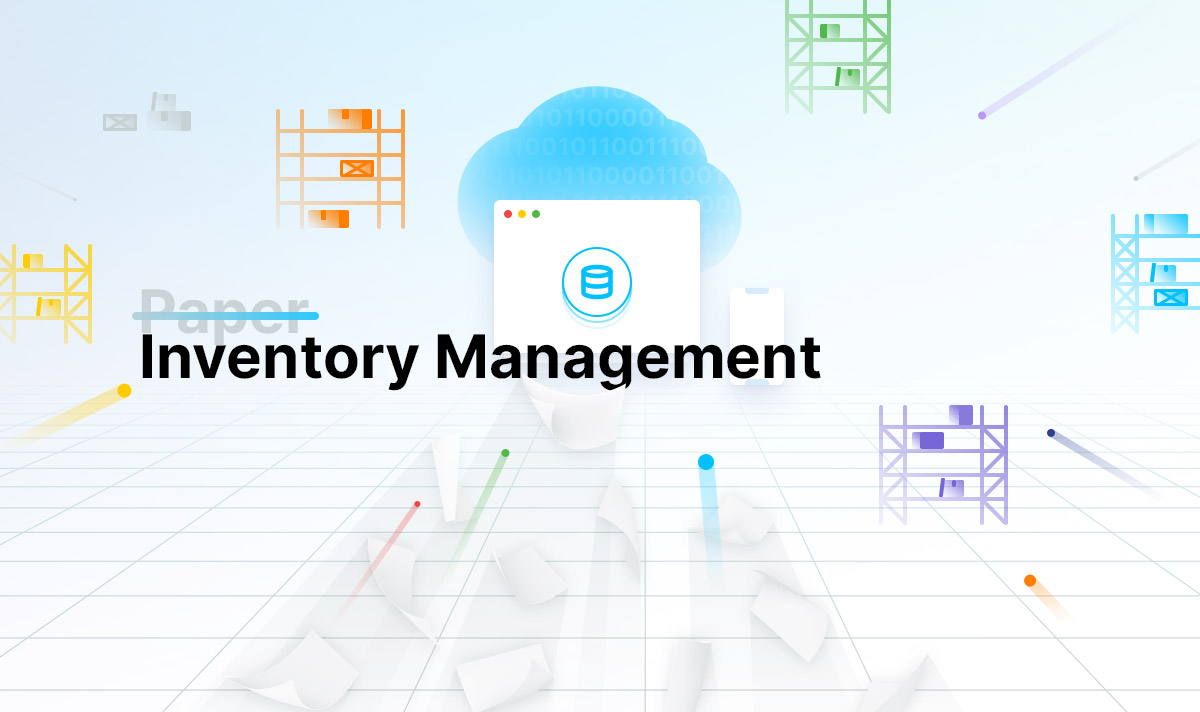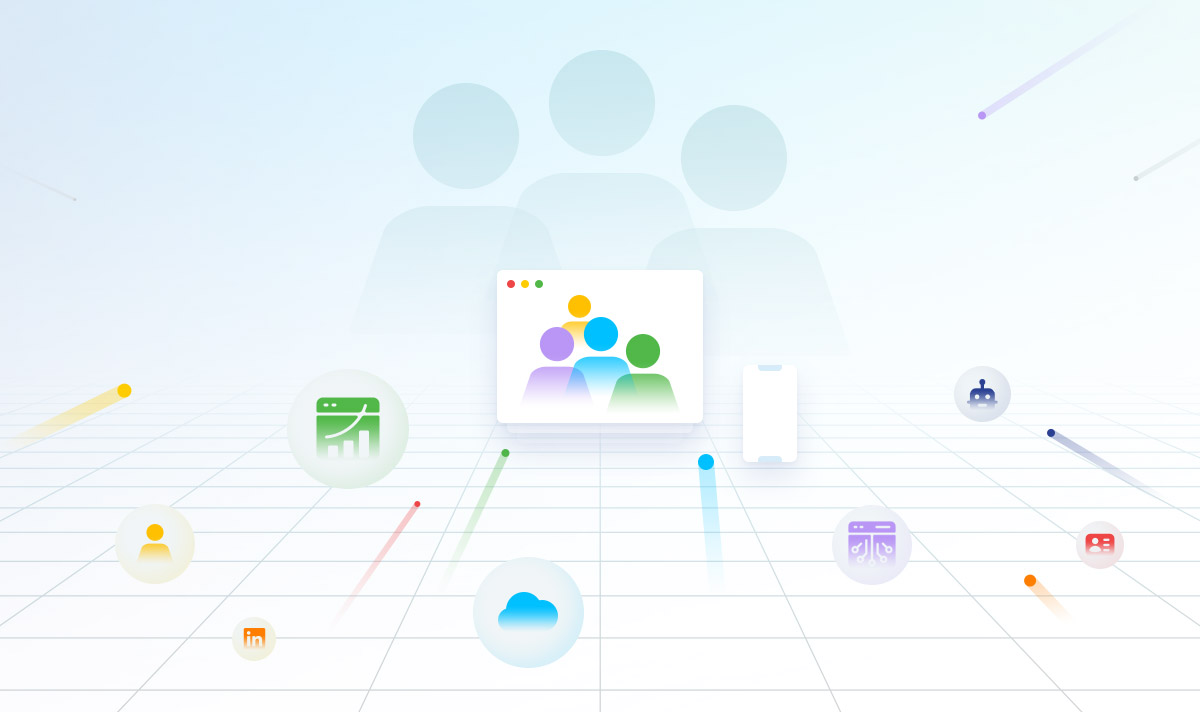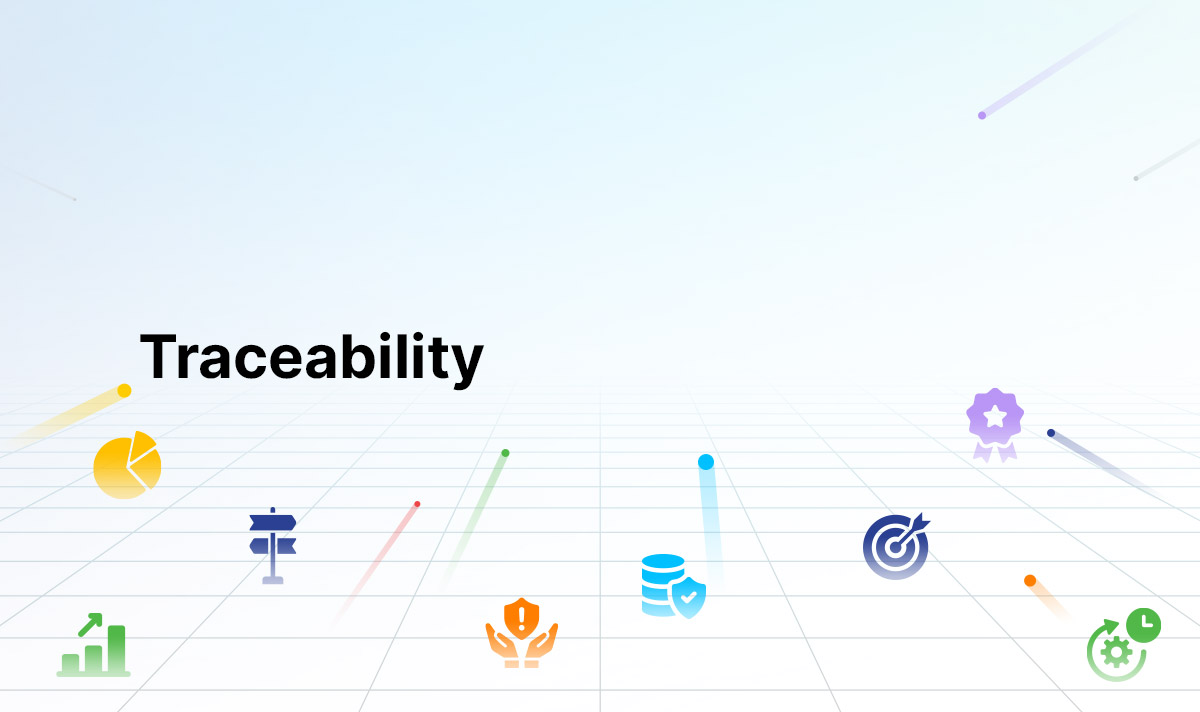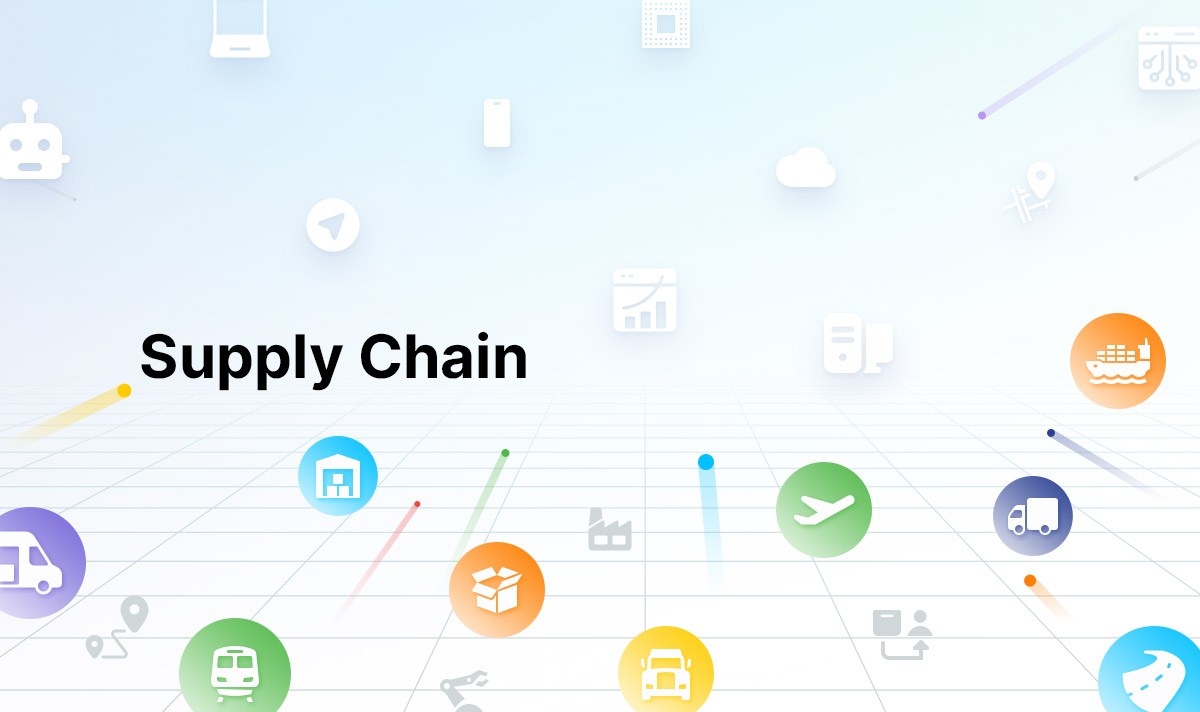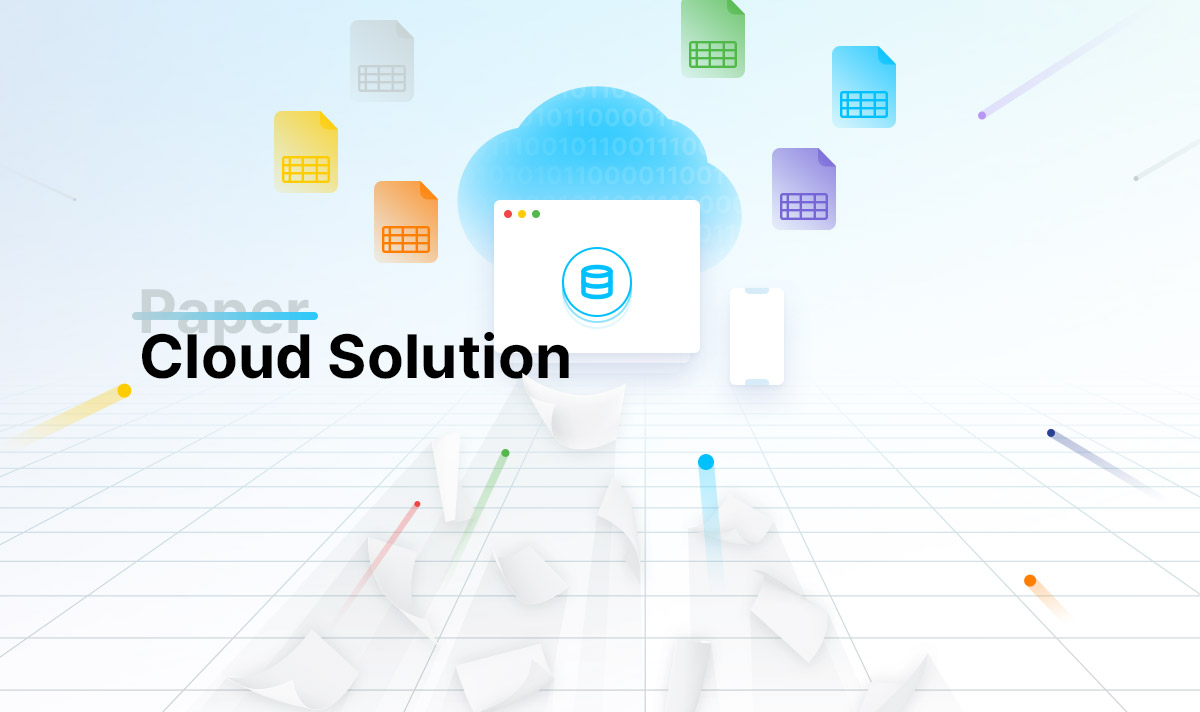Cloud-based ERP provides benefits like reduced overhead, streamlined processes, easier accessibility, and mobility. While the service provider maintains the server and support is always available at any moment of time. Since everything runs on a remote server, you do not have to invest in a large computer network to reap the benefits of ERP.
1.Lower Operating Costs
Onsite traditional ERP servers required manual upkeep and periodic hardware and software updates, which will directly impact the company budget. While on other hand Cloud ERP is a relatively low-cost operation with a minimal start-up fee. Subscription costs for Cloud ERP servers are reasonably low and are generally tailored to work around the budgeting flow of small, medium, and large size businesses. The basic benefit is you do not need to make huge investments in an overhaul of your hardware or software.
2.Security Enhancements
The superior security it offers to businesses of all types and sizes is one of the greatest benefits of cloud ERP. For Company’s classified data it is very crucial for operations to remain foolproof at all times also storage and retrieval are difficult in traditional servers. It is possible to encrypt all data so there is no need to worry about getting hacked by a third party. Also, auto periodic backups will enhance data operations.
3.Real-Time Analytics
With Cloud ERP real-time analytics is possible which allows the company to see vital information as it becomes available. Also, Remote access to data is very easy as all relevant data is available on Cloud, this information is readily available to make important decisions in the course of business. For companies that are working in the manufacturing domain, Cloud ERP facilitates process optimization.
4.Flexibility of Access to any location
In case team members are spread across the countries or not at the same place and need to access data in real-time then Cloud is the only best possible option to access vital data for working. As long as everyone is having internet anyone will get data in real-time across great distances and time zones. The centralized nature of cloud ERP also ensures data interface display uniformly across all devices. Moreover, Business intelligence tools work more easily with cloud ERP by providing analytics in real-time to all the concerned persons of the company.
5.Scalability at every Stage of Growth
When it comes to scaling, it is too much costly in traditional ERP, because onsite infrastructure is very difficult to scale. On the one hand, you scale too slowly and scope your business and wind up with a cramped infrastructure. While on other hand, you might scale too fast and overspend on equipment that cost huge amounts of money upfront, also leading to costly maintenance down the line. With Cloud ERP, scaling becomes too much easy because you can adjust the whole infrastructure to the necessary size for each stage of development. For new and small size businesses scaling will be too much easy, also it is cost-effective too when compared with traditional ERP.
6.Fewer Technical Requirements
When it comes to budgeting, one of the main benefits of Cloud ERP is no expense for network and hardware. The only expense is for service and subscription basis. Also, when there is no extra hardware so the maintenance cost is almost negligible which makes operations a whole lot easier and more affordable to manage.
7.Service Support at All Times
Cloud-based ERP services are mostly managed by vendors. As such support is available at any moment for any issue that occurs with cloud ERP. On-premise hosting by contrast typically requires additional purchases for support and maintenance. As a cloud-based ERP service subscriber, you can access the support you need around the clock in any time zone, including help with software upgrades.
8.Nonstop Geographic Accessibility
Due to the remote nature of cloud-based ERP, a business can operate with almost zero downtime. If any kind of power outage occurs in the area, you can still manage to access the cloud with a mobile hotspot connection and work normally.
9.Reliability
In the cloud ERP vs. traditional ERP debate, the former has the advantage because cloud-based ERP services are run by vendors that specialize in enterprise resource planning. That is why cloud ERP operates virtually free of system downtime. In fact, subscribers of the leading cloud-based ERP vendors enjoy 99.98 percent uptime. Moreover, cloud-based vendors are constantly making updates to keep subscribers in the loop of service developments.
